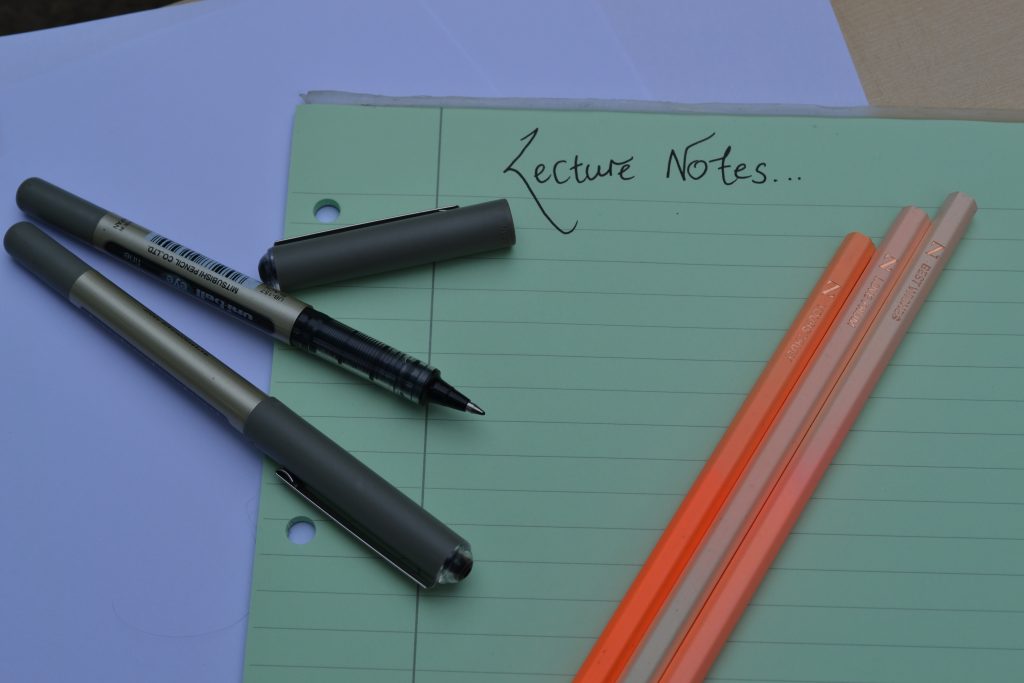
By Azizan (Student Blogger: BSc Hons Mathematics, Operational Research, Statistics and Economics)
After a long period of lockdown full of restrictive measures, most of us are excited to finally have in-person classes and activities as we enter the new 2021/22 Academic Year. Other than your classes, you might be inclined to join some of the societies and public events scheduled over the academic year. This is a great time to finally reconnect and make new connections within the University’s population. However as more and more activities are being introduced each day, it is normal for us to struggle to balance our limited time given the various attractive activities being offered, on top of our classes and given assignments/coursework. Here are some tips that might be useful in structuring your academic life.
Make full use of a Calendar/Planner
Most of us find the Timetable feature on the iLancaster App to be convenient as it allows us to check when our classes are and where the venue is. Consider using your phone’s inbuilt calendar/planner App to write down all your leisure/meetings/meet-up/social plans along with their time and venue. Some Apps allow you to synchronise all your calendars, allowing you to have a better overview of your classes and your recreational plans through a ‘centralised’ calendar. Through this way, you will be able to plan out your day more efficiently and, hopefully, you won’t miss out on your classes or meet-ups!
Break your day into ‘time blocs’
Once in a while, it is tempting for us to overwork ourselves until late at night. This however restricts us from enjoying our leisure time, which can affect our productivity and performance in the near future if done repeatedly. Consider dividing your days into time blocs, let say 8.05 – 8.30 am, 9.35 – 11 am and so on. For each time bloc, assign it to categories: academic, leisure, personal, etc. By doing so, you have set up a boundary for what and when you will be doing your work or when is your rest. It is also a good way to track whether you’re meeting your personal needs or not.
Focus only on a Main Task each day
Many times, when we have too many works assigned to us, we tend to try to complete them all at once by multitasking. However, this is not a good practice, as our concentration is not at its optimum as our mind struggles to divide between the various tasks. By setting a main task at one time and sticking to it, you’re more likely to be productive and able to contribute considerable progress rather than splitting it into small progress for various tasks. In a sense, it will help to complete your task much quicker compared to the alternative.
Stay Grounded
As days progress, we tend to lose touch with time and reality – we’re so ‘invested’ in our work/responsibilities that we fail to notice what’s happening around us. It is important for us to step back once in a while and be present in the moment to appreciate the blessings surrounding us. This helps to prevent us from overstretching on our work beyond our allocated time, allowing us to rest and recover both physically and mentally. A good way to stay grounded is to utilise all of our 5 senses – touch, sight, smell, hearing and taste. This will have a positive impact on your wellbeing.
Integrating a well-refined structure into your everyday life has plentiful benefits. It gives you certainty, and restores a sense of order in your life. Most importantly, having a structure allows you to navigate your day with ease!

